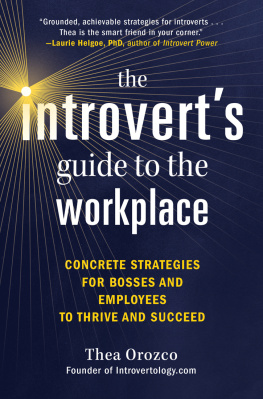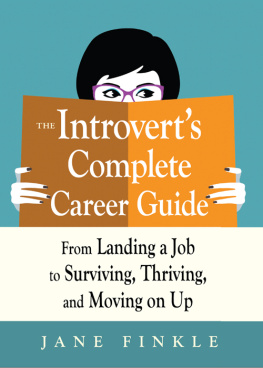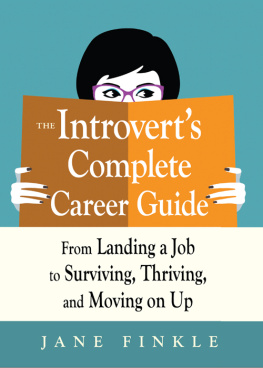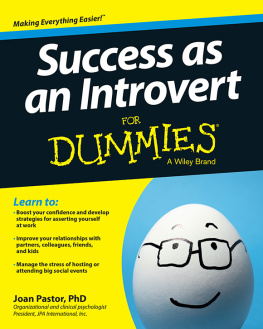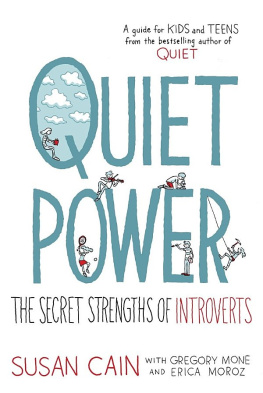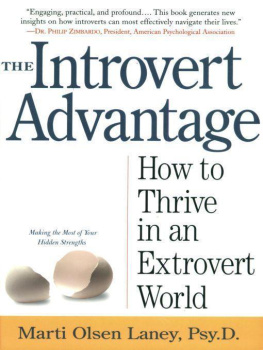

Copyright 2020 by Thea Orozco
All rights reserved. No part of this book may be reproduced in any manner without the express written consent of the publisher, except in the case of brief excerpts in critical reviews or articles. All inquiries should be addressed to Skyhorse Publishing, 307 West 36th Street, 11th Floor, New York, NY 10018.
Skyhorse Publishing books may be purchased in bulk at special discounts for sales promotion, corporate gifts, fund-raising, or educational purposes. Special editions can also be created to specifications. For details, contact the Special Sales Department, Skyhorse Publishing, 307 West 36th Street, 11th Floor, New York, NY 10018 or .
Skyhorse and Skyhorse Publishing are registered trademarks of Skyhorse Publishing, Inc., a Delaware corporation.
Visit our website at www.skyhorsepublishing.com .
10 9 8 7 6 5 4 3 2 1
Library of Congress Cataloging-in-Publication Data is available on file.
Library of Congress Control Number: 2020931631
Cover design by Daniel Brount
Print ISBN: 978-1-5107-5415-7
Ebook ISBN: 978-1-5107-5416-4
Printed in the United States of America
table of contents
INTRODUCTION
From entrepreneurs like Bill Gates to fashion designers like Eileen Fisher, athletes like Michael Jordan and film directors like Ang Lee, introverts can be found at the top of every field and industry. These celebrities havent succeeded despite their introversion. Instead, their introvert strengths have helped them succeed. And you have those same introvert strengths.
Unfortunately, not every workplace is designed to help all employees thrive. Modern workplaces cater to gregarious extroverts, with noisy open-plan offices, brainstorming sessions, and mandatory (fun!) socializing with team-building exercises and holiday parties. A 2017 study found that in the workplace, well-being is lower overall for individuals with a preference for Introversion (I) compared to those with a preference for Extraversion (E). This finding is probably no surprise to introverts living in an extrovert-biased society. You may have picked up, in subtle or overt ways, the message that our skills and natural talents arent useful and that we need to dramatically change our personalities if we want to have a successful career. This idea that we have to ignore or overcome our strengths to be happy at work is a myth.
This book was written to help introverts reconnect with the strengths and talents theyve been taught to ignore. This is not a book that will try to turn you into an extrovert; instead, it acknowledges that most jobs require some form of extroverting, and it provides tips and advice for those times when we need to step out of our effortless zone. Youll also find that this book isnt about surface-level tips but rather about questioning what weve been told about ourselves and the ways we need to show up and behave.
When I first started blogging about introversion seven years ago, it was widely seen as a defect and mistakenly used as a synonym for shyness. There were only a handful of others talking about the quiet strengths of introversionpeople like Andy Mort, Jenn Granneman, Jennifer Kahnweiler, Michaela Chung, and Brenda Knowles.
In 2012, Susan Cains book Quiet: The Power of Introverts in a World That Cant Stop Talking became a New York Times bestseller, and the introvert positive movement expanded beyond a handful of bloggers. Were now in an age where the negative stereotypes of introverts are increasingly replaced by the acknowledgment of the strengths that introverts share. And while there are still plenty of people who use the word shyness and introversion interchangeably, on the whole, the conversation around introversion has changed considerably for the better.
This change is best summed up in an Introverts Talking Business podcast interview with Beth Buelow, who has been writing about introversion since 2010 under the brand the Introvert Entrepreneur. Beth told me that when she first started her business, she set up a Google alert to inform her whenever a new article mentioning introversion was published. At first, she found that a large percentage of articles mentioning introversion were about criminals, and how the criminal in question was described as an introvert and a loner. But now her Google alert is filled with articles about how we make great leaders, parents, and business owners. There have been so many introvert-positive articles published over the past five years that Ive even seen articles written by extroverts complaining that introverts are getting all of the attentionwhich is quite the irony!
We are in a unique time in history to thrive in the workplace and to change the landscape of the office and the culture around us. Whether you are a boss or an employee, a career-oriented person, or someone who prioritizes other parts of your life, if you have to collaborate with colleagues, answer to bosses, and deal with clients, this book is for you. The Introverts Guide to the Workplace will teach you how to use your natural introvert strengths to get ahead, as well as provide tips on how to survive those times when you need to play the extrovert.
For the past seven years, Ive been writing articles about introversion and running the social media accounts Introverts Everywhere and Introvertology, as well as talking about introversion in the podcast Introverts Talking Business . As a certified life coach, Ive helped introverts navigate an extroverted society and thrive; as a business coach, Ive shown introvert business owners how to tap into their innate introverted leadership skills; and as a consultant, I have helped businesses and nonprofits tap into the strengths of everyone on their teams, both introverts and extroverts. Im excited to bring the knowledge Ive gained over those many years to the page.
You do have what it takes to thrive in the workplace.
In my customer service role, I use my intuition, patience, and ability to connect one-on-one. These are things that come so naturally, I do them without thinking about it. When I get compliments on how incredibly patient I am, it reminds me that not everyone has these strengths that we tend to take for granted.
Angelica, customer service representative
I.
WHAT IS INTROVERSION?
Quiet Revolutionary
Before he led a revolution, he was a shy law student. He had left home at the age of eighteen to study law in a foreign country, and now, three years later, he was back home in India. He knew little about the laws of his native country and struggled to understand its intricacies. However, his family had gone into debt to support his studies so he could get his law degree, so despite feeling like a fraud, he started looking for clients. He rented an office, put up his shingle, and waited... but very few cases came his way.
Finally, he was hired for an easy case that would only take up one day of his time. Representing the defendant, his main responsibility would be to cross-examine the plaintiffs witness.
And thats how Mahatma Gandhi found himself sitting nervously in a courtroom waiting for his first time to speak in the Small Causes Court. At last, the moment came for him to cross-examine the witness. Gandhi stood upand froze. His mind went blank. He couldnt think of a single thing to ask the plaintiffs witness. In his autobiography The Story of My Experiments with Truth , he describes the courtroom as reeling around him. He imagined the judge was laughing at him, although the room was spinning too much for him to actually see if that was true. Unable to think or see straight, he sat down and then told his clients representative that he couldnt conduct the case.
Next page
